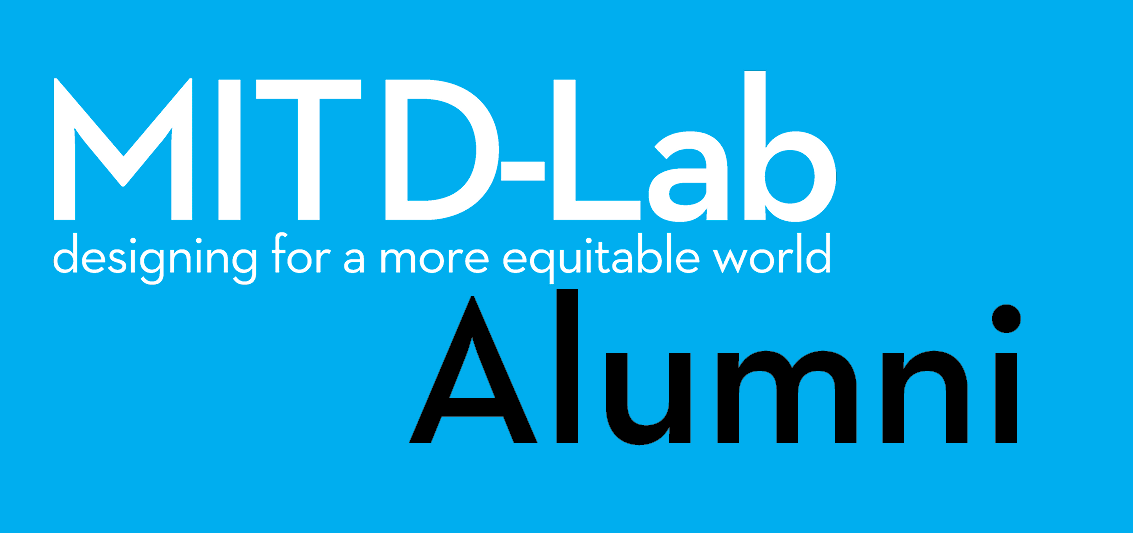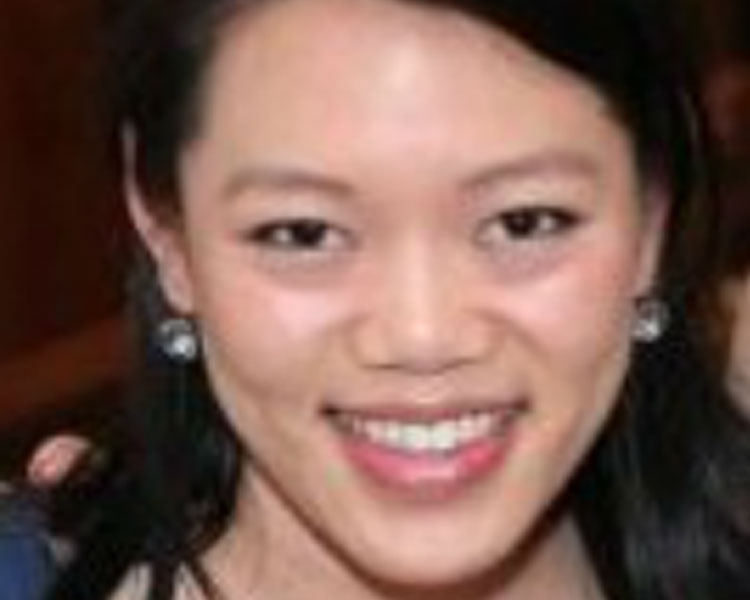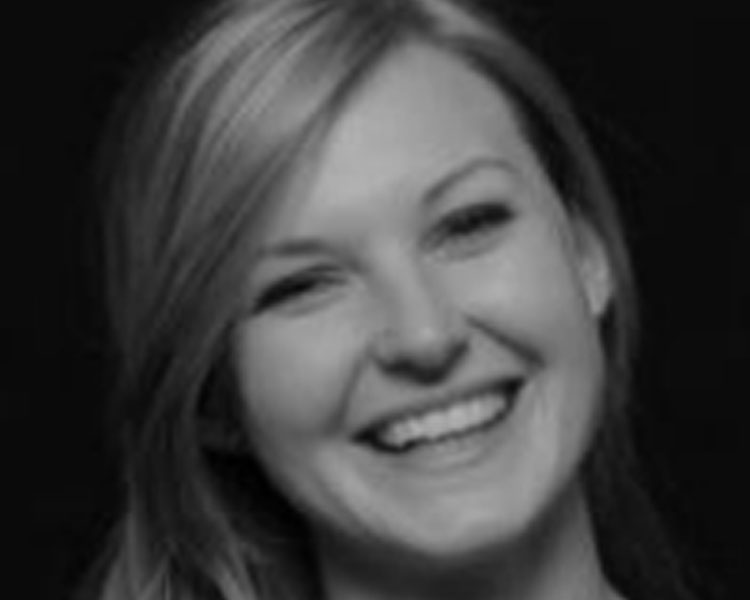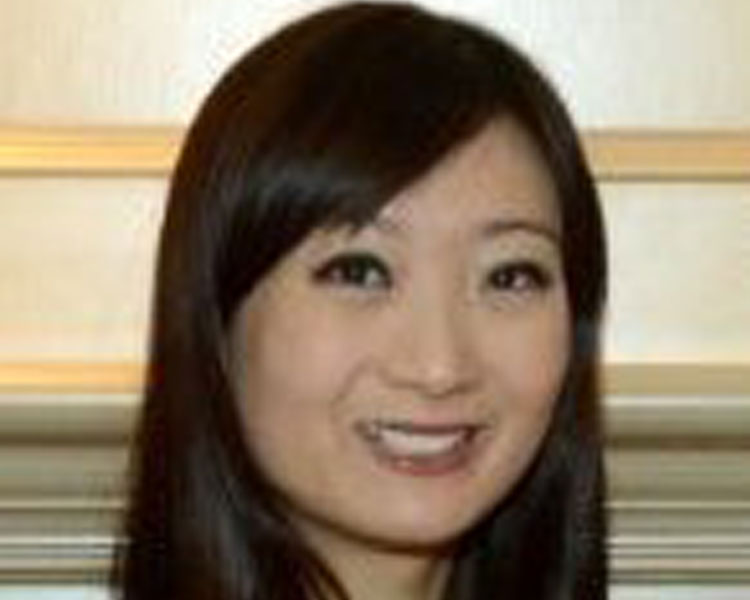
Last month, D-Lab co-director Victor Grau Serrat and development officer Peggy Eysenbach traveled to New York City to present at an MIT Connection event for New York City-area MIT alumni. D-Lab alumnae Tiffany Guo '09, Caroline Hane-Weijman '11, and Tina Leimbach (formerly Tina Ro) '10 all spoke on a panel about their D-Lab experience and how it had influenced their lives since graduation!
Tiffany was part of D-Lab I on the January 2008 trip on the pilot trip to Peru. She was also part of the first iteration of D-Lab: Health in Spring 2009 with Jose Gomez-Marquez, which included a needs-finding trip to Nicaragua.
1) What's the most important thing you learned at D-Lab?
Empathy and cultural awareness. From the very beginning of class, D-Lab emphasized learning about the country and culture you would be visiting, and listening to the people you were hoping to help. D-Lab emphasized that we were co-creators, and by listening and respecting the communities and their values, we would be able to affect the most positive change.
2) How has that important thing you learned at D-Lab influenced the work you do?
In every way! I’m currently an MD-PhD student at Columbia, completing my PhD in point-of-care diagnostics for resource-limited settings. We recently took a field-trial to Rwanda to test our devices in the hands of local health workers. More broadly, when developing medical innovations in the US, you have to understand the complex interplay between users, market, and stakeholders, which all of D-Lab’s projects taught. It’s one of the most difficult, but also the most critical lessons for engineers to learn for successful design.
3) How has that important thing you learned at D-Lab influenced your values?
Empathy and cultural awareness will be critical values in my future career. Respecting a patient’s values and perspective is critical to treating a patient properly, not just the right medications. Creating successful medical innovations requires understanding of the stakeholders (patient, medical system, etc.).
4) What makes you consider yourself a "D-Lab alumna"?
D-Lab was the first time I realized how my education could translate to impact on my community. And once I realized that was possible, I wanted to keep going! I was fortunate to be an early member of the Global Poverty Initiative at MIT, which had the goal of increasing awareness about global poverty and different ways MIT student could contribute with their expertise. I currently work on developing global health technologies. After graduation, I hope to continue developing medical innovations, and will take with me all the lessons I learned from D-Lab!
CAROLINE HANE-WEIJMAN, Class of 2011
1) What's the most important thing you learned at D-Lab?
- User-centric design, cultural respect, empathy, and co-creation.
When 'innovating' for developing countries, many have taken the route of using products / solutions we have in developed countries and making them cheaper (cutting corners on materials or manufacturing). D-Lab teaches a bottom-up approach with the end user in mind - taking into account social, economic, cultural, gender, race, political, climate, and resource factors - so the resulting solution is sustainable and truly for the user it was intended.
We were taught to go into a community and listen, then work with our partners to co-create a solution so that through the process we also empower them to continue innovating.
- Resourcefullness and 'get it done' attitude
With the work we did at D-Lab impact is not measured by our ideas on a piece of paper but how we improve the living conditions for someone. A grade means little in the context of the work we do. It is a reality check for many aspiring students - I loved that.
Being around innovators in places with little resources is extremely inspirational - the world is a living textbook and a junk yard filled with treasures!
- Finding real meaning in the work I did.
2) How has that important thing you learned at D-Lab influenced the work you do?
I am current a product manager at a tech startup so designing for a user, showing empathy, co-creating is are all important pillars. And of course being resourceful and getting things done :)
D-Lab has given me a roadmap for what type of work I want to get back to doing, because it is where I found meaning and purpose.
3) How has that important thing you learned at D-Lab influenced your values?
- Leading my life and making choices with a sense of purpose and perspective.
- Listen first, show respect, make no assumptions, and co-create.
4) What makes you consider yourself a "D-Lab alumna"?
I am very proud to be an alum. I feel it was the central part of my education at MIT and is a big part of my identity today. I am a huge supporter for the work D-Lab continues to do and like I said, it has shaped my vision for how I want to spend my life contributing in the future!
TINA (RO) LEIMBACH, Class of 2010
Tina was a part of a 2010 January D-Lab trip to India. It was a pilot trip for D-Lab. Jessica Huang was her trip leader.
1) What's the most important thing you learned at D-Lab?
The most important thing that I learned through D-Lab was the importance of collaboration. On my D-Lab trip, we worked on identifying key partner organizations with the hope of creating a program in an urban area of India that would be sustainable and meaningful to the community.
2) How has that important thing you learned at D-Lab influenced the work you do?
D-Lab gave me the opportunity to see how I could use my technical background in engineering to improve the world around me. After graduating, I worked as an engineer but yearned for the opportunity to improve the world around me. I currently work as a teacher in a high-need urban area. I do not use my technical background but enjoy working in a field where I believe I am improving the lives of those in my community.
3) How has that important thing you learned at D-Lab influenced your values?
D-Lab gave me the opportunity to challenge my beliefs of what it means to be improving the lives of others and what is the best way to go about improving the lives of others. Through my trip, I came away feeling humbled. Overall, I feel a great sense of responsibility to work towards improving the lives of others because I have been given so many opportunities.
4) What makes you consider yourself a "D-Lab alumNA"?
I consider myself a D-Lab alumna because I am grateful for the opportunity that D-Lab has provided me. My trip and experience challenged me to scrutinize my values and beliefs at the time. The trip also challenged me to pursue a line of work that I find meaningful.

"D-Lab emphasized that we were co-creators, and by listening and respecting the communities and their values, we would be able to affect the most positive change."

"D-Lab has given me a roadmap for what type of work I want to get back to doing, because it is where I found meaning and purpose."

"D-Lab gave me the opportunity to see how I could use my technical background in engineering to improve the world around me."

